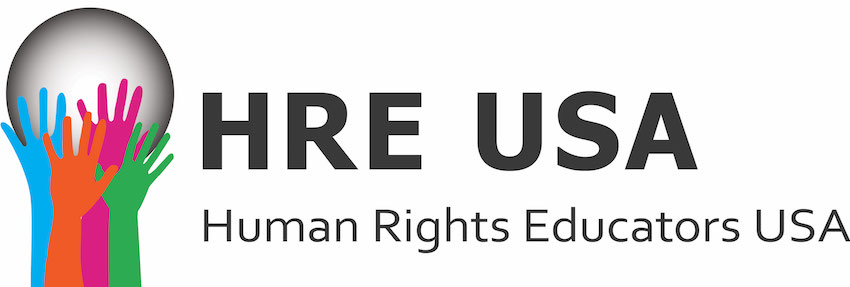REGISTRATION: bit.ly/hreusa-taas2022
Monday, October 24, 2022
7pm–9pm ET
Virtual Zoom Session
This session will explore Indigenous Peoples’ and environmental rights as human rights. Indigenous leaders from the International Indian Treaty Council (IITC) will share current initiatives in policy, advocacy, education, and practice. IITC will be honored with the first 2022 Human Rights Educators USA Impact Award.
Today Indigenous Peoples are facing a compounding and multi-level urgent threat, specifically the Climate Crisis. The loss and damage we are already experiencing to our food systems, cultures, and ways of life, combined with the threats we see coming, require a multi-faceted, rights based response. We know that some reservations were already identified as “food deserts” even before the climate crisis came upon us. Effective response to climate change requires taking urgent steps to protect and revitalize our ancestral practices, knowledge, and food sources such as buffalo and original seed varieties for corn, beans, and squash. It also requires that we defend our rights to Free, Prior and Informed Consent, Self-determination and Treaties in order to oppose fossil fuel development that produces greenhouse gas emissions such as pipelines, drilling. and mining in our homelands. We must also assert our recognized right to participate in decision-making that would affect our rights at the tribal, state, national, and international levels where our contributions as knowledge and rights holders are essential for building effective solutions. Our ancestors left us the warnings about what we as humans would face during these times. But they also left us with solutions that we can put into practice today, in response to these challenges.
IITC was founded on the Standing Rock Reservation in South Dakota in 1974 to be an international voice and advocate for the Rights of Indigenous Peoples. In 1977 IITC was the first Indigenous Peoples organization to receive Consultative Status from the UN Economic and Social Council and in 2011 it was the first to be upgraded to “General Consultative Status.”
Speakers and Facilitators
Lisa Bellanger, Board member, International Indian Treaty Council and District American Indian Specialist, St. Paul Schools, Minnesota
Andrea Carmen, Executive Director, the International Indian Treaty Council
William Means, a Founder and Board member, the International Indian Treaty Council

